Some people might ask the following questions: What are some useful English telephone phrases? How do you start a telephonic conversation? what is telephone conversation example dialogue? what is a business telephone conversation example? telephone English phrases pdf?
In general, telephoning stands for one of the most important kinds of communication in the business world. Therefore, people, especially non-native speakers of English look for making their telephone calls as more effective as possible.
As a whole, making and responding to telephone calls might be very tricky and difficult simply because we cannot see the speaker, as we can only listen and get information.
So, it is quite crucial for language learners to improve their English on the phone, overcome fears and be more confident and effective while dealing with phone communication.
This post will provide some practical useful English telephone phrases and expressions that will help build the skills and knowledge needed to communicate in English on the telephone in a range of contexts and situations, for instance within the hotel and travel industries workplaces.
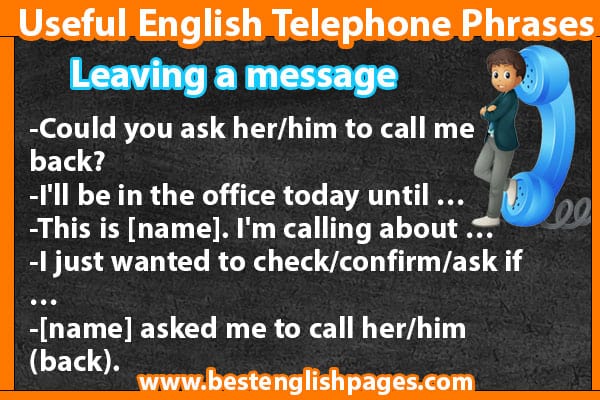
Telephone Conversation Example Dialogue: Booking a Hotel
Before covering the main telephone English phrases and expressions, let us have a look at this conversation where Mrs. Emelia Brown is talking on the phone with a hotel receptionist to book a room in the hotel:
| Hotel receptionist | Good morning, The Grand Hotel. How can I help you? |
| Mrs. Brown | Good morning. I’d like to book a room, please. |
| Hotel receptionist | Certainly, Ma’am. Can I have your name, please? |
| Mrs. Brown | Emelia Brown. E-M-E-L-I-A-B-R-O-W-N |
| Hotel receptionist | Right. And when will you be arriving, Ma’am? |
| Mrs. Brown | We’re arriving on the 27th of this month and we’d like to stay for four nights. |
| Hotel receptionist | I see. Arriving on the 27th and leaving on the 1st. |
| Mrs. Brown | That’s right. |
| Hotel receptionist | OK. A single room Ma’am? |
| Mrs. Brown | Ah, no, double. For myself and my husband. |
| Hotel receptionist | Fine. Smoking or non-smoking? |
| Mrs. Brown | Uh, non-smoking. And could we have a room with a view, please? Last time we stayed at the Grand, we had a great view of the city. |
| Hotel receptionist | I understand. I can put you in a room with a city view. That’s 150 a double per night including breakfast. |
| Mrs. Brown | OK. That’s fine. |
| Hotel receptionist | And how will you be paying, Ma’am? |
| Mrs. Brown | Ah, credit card. |
| Hotel receptionist | Right. Your credit card number please, Ma’am? |
| Mrs. Brown | 4425 1234 5687 9900 |
| Hotel receptionist | So that’s 4425 1234 5687 9900. |
| Mrs. Brown | That’s right. |
| Hotel receptionist | 550 will be charged to your card. And may I have your phone number please, Ma’am? |
| Mrs. Brown | Ah, I‟ll give you my mobile. +62 123 145 544. |
| Hotel receptionist | Right, that’s ++62 123 145 544. What time will you be arriving on 27th? |
| Mrs. Brown | About 3 pm. |
| Hotel receptionist | Oh, fine. So that’s a city view, a non-smoking room for four nights from the 27th. Your confirmation number is RM100250. We’ll look forward to seeing you then. |
| Mrs. Brown | Thank you. |
| Hotel receptionist | It’s our pleasure, Mrs. Brown. Goodbye. |
Useful Telephone Phrases and Expressions
The following list is about some useful words and expressions that are commonly used when talking about the phone.
Remember that the best way to learn any words or phrases is by seeing or hearing them in context; that is to say, always record new language in phrases or sentences and not individual items.
Call someone
If you “call” someone, you use your phone to communicate with them. Also, to give someone a call, to ring someone, to telephone someone, to phone someone. “I called her six times last night, but she didn’t answer the phone.”
Ring
If the phone “rings”, it makes a sound. The different sounds on mobile phones are called “ringtones”. “The phone’s ringing. Aren’t you going to answer it?”
(Telephone) line
A connection between two phones which makes it possible for people to speak to each other. “I can’t hear you very well the line’s really bad.”
Engaged
If the line is “engaged”, it’s already being used by someone else so you can’t speak to the person you’re phoning. “I’ll have to call her later; the line’s engaged.”
Dial
If you “dial” a number, you press the keys on your phone so you can call the person you want to talk to. “I think you’ve dialed the wrong number. There’s no one called Pascal here.”
Speak up
If you ask someone to “speak up”, you ask them to speak louder because you can’t hear properly. “Could you speak up a bit, please? It’s really noisy here.”
Leave a message; take a message
If you “leave a message”, you tell someone something that you want them to pass onto another person; if you “take a message”, you write down what the caller wants to say to another person. “I’m sorry but Ms. Briar is out at the moment. Would you like to leave a message?”
Get cut off
If you “get cut off”, the telephone connection suddenly stops. “We got cut off. I’ll try to call her again in a few minutes.”
Out
If someone is “out”, they aren’t in the office or at home. “I’m sorry but Jim’s out at the moment. Do you want to leave a message?”
Put on hold
If they “put you on hold”, you have to wait while they connect you to the person you want to talk to. Music often plays while you’re waiting. “They put me on hold for over half an hour.”
Hang up
If you “hang up”, you press a button so the telephone call ends, or you put the receiver down. “I hung up when I realized I’d dialed the wrong number.”
Speakerphone
A device on a phone with a microphone and loudspeaker so you can speak to someone without holding the phone to your ear. “I put her on speakerphone so the others could hear what she was saying.”
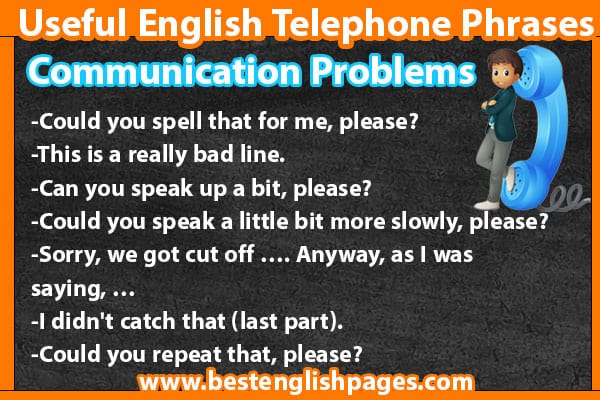
What Are Some Useful English Telephone Phrases?
Generally, people feel anxious when making or responding to a phone call. It is a perfectly normal human attitude. So, keep in mind that your speaker too may be feeling anxious and nervous.
Here is a list of useful phrases and expressions that you can use at different stages of a telephone call. Recognizing and remembering these telephone English phrases will help you be prepared to be engaged in a more successful telephone call.
| Giving your name |
| Maria Beckham speaking. |
| This is Bob Johnson from ABC Enterprises. |
| Hello, jane. It’s Rebecca Suarez here. |
| Getting through to the right person |
| I’d like to speak to Jenny Stratford, please. |
| Could/Can I speak to Rick, please? |
| Is Pamela there at the moment? |
| I actually wanted to speak to Ruby. |
| Making the connection |
| Can I just ask what it’s about? |
| Shall I put you through to him/her? |
| just hang on a moment while I make the connection. |
| Could you please hold? |
| When the person isn’t available |
| I’m afraid Pascal isn’t available at the moment. |
| Can I take a message? |
| I’m afraid his/her line is engaged. |
| I’m afraid she is in a meeting. |
| Would you like to call back later? |
| Opening the call |
| I wanted to ask about … |
| Are you the right person to ask? |
| I have a question about … |
| I’m calling about … |
| Exchanging information |
| Could you tell me …? |
| What would you like to know? |
| What was your question? |
| Checking information |
| Did you say …? |
| Let me just check that. |
| Let me just read that bac |
| Sorry, I didn’t catch that. |
| Would you like me to spell |
- Taking a message
- I’ll make sure [name] gets your message.
- I’ll tell him/let him know that you called.
- I’m afraid [name] isn’t here at the moment.
- Would you like to leave a message for her/him?
- Does [name] have your number?
- Let me just check (that) I’ve got that right.
- Shall I tell [name] to call you back?
- Leaving a message
- Could you ask her/him to call me back?
- I’ll be in the office today until …
- This is [name]. I’m calling about …
- I just wanted to check/confirm/ask if …
- [name] asked me to call her/him (back).
- Making an arrangement
- How about Monday morning?
- Shall we say nine o’clock at my office?
- I was wondering if you might have time to
- Can we fix a meeting for Tuesday?
- meet next week.
- What day/When would suit you?
- Suggesting a meeting
- I was wondering if you might have time to meet next week.
- It would give us the chance to talk about
- Do you have time to meet next week?
- Suggesting times and places
- Shall we say 10 o’c1ock in my office?
- Maybe you can pencil me in on Tuesday morning.
- Would Monday be OK for you?
- How about Wednesday morn ing?
- When would suit you?Where would you like to meet?
- Reacting to suggestions
- I’m tied up all day.
- Yes. that would be good for me.
- I just need to check my diary.
- Tuesday’s bad for me. I’m afraid.
- I think that should be possible.
- Confirming an arrangement
- So that’s Monday at 10 a.m. at your office.
- OK. so I’ll see you Wednesday. then .
- Changing arrangements
- I was wondering if we could reschedule our appointment.
- Would it be possible to meet a bit later?
- I’m calling about our meeting tomorrow.
- The meeting lasted longer than I expected.
- I wanted to ask you if we could meet a bit
- earlier/postpone our meeting.
- I’m afraid something has come up.
- One of my clients has canceled/brought forward our appointment.
- Changing an appointment
- I’m afraid something has come up.
- I’m calling about our appointment.
- Saying you will be late
- Could we possibly reschedule/cancel our appointment?
- I should be there by 3.15 at the latest, but I’ll call you again if there are any more delays.
- I wanted to ask you if we could postpone/bring forward our meeting.
- I’m afraid my meeting has taken longer than I expected.
- I might be a few minutes late.
- Communication Problems
- Could you spell that for me, please?
- This is a really bad line.
- Can you speak up a bit, please?
- Could you speak a little bit more slowly, please?
- Sorry, we got cut off …. Anyway, as I was saying, …
- I didn’t catch that (last part).
- Could you repeat that, please?
Telephone English Phrases pdf: Useful Telephone Phrases
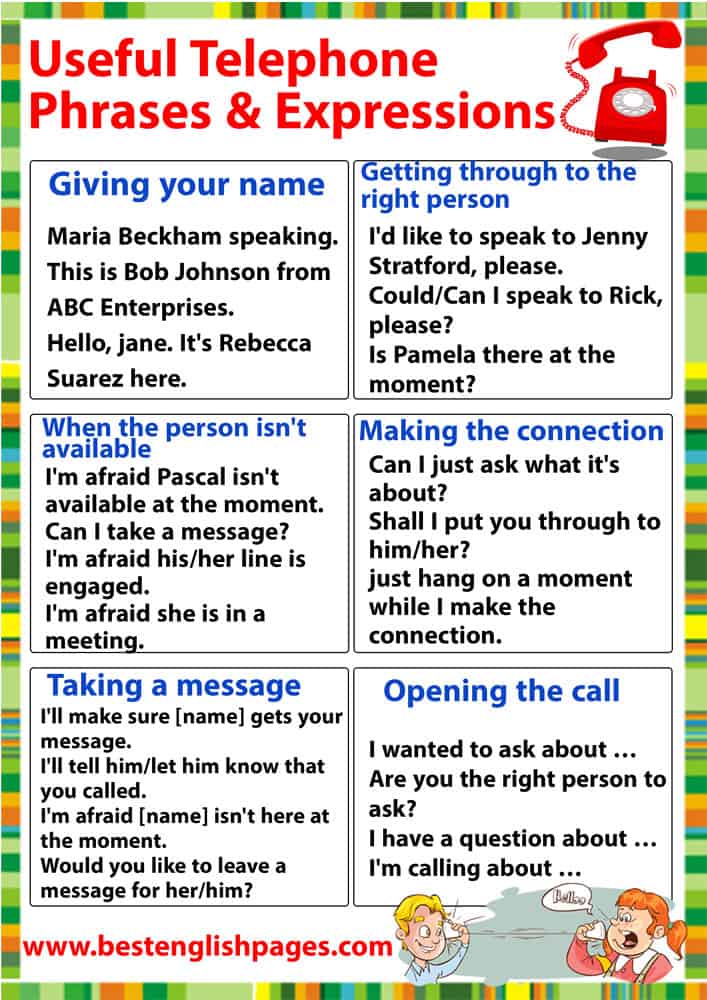



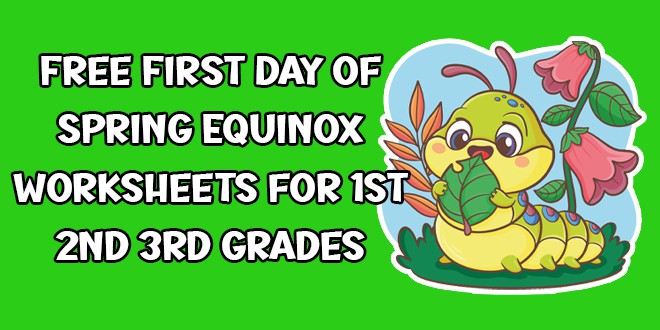
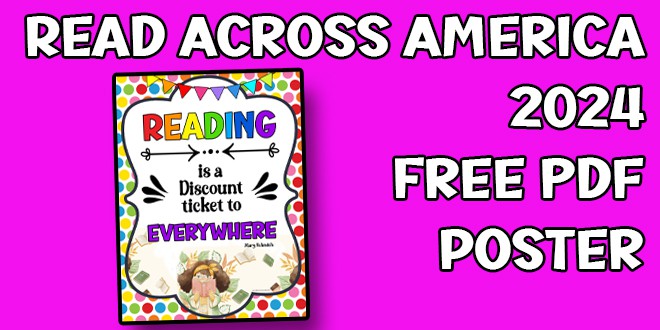
Leave a Reply